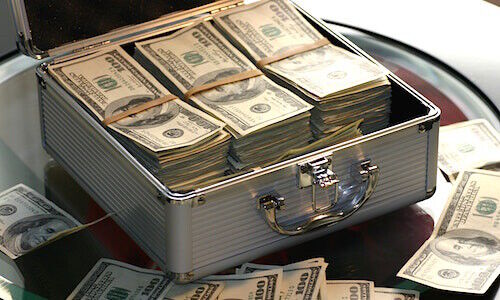«FinCEN Files» Leader: Deutsche Bank
The latest investigation by the International Consortium of Investigative Journalists unveiled that global banks – including J.P. Morgan, Deutsche Bank and HSBC – registered over $2 trillion transactions classified as suspicious between 1999 and 2017.
The ICICJ report is based on 2,100 documents obtained by «Buzzfeed» – dubbed the «FinCen Files» – which include filings by financial institutions to the U.S. Treasury’s Financial Crimes Enforcement Network (FinCEN) when transactions are deemed suspicious.
Of the world’s global banks, five appeared most often in the documents: HSBC, J.P. Morgan, Deutsche Bank, Standard Chartered and Bank of New York Mellon.
And of these banks, Deutsche Bank is the «FinCen Files» leader with suspicious money moves totaling $1.3 trillion followed by J.P. Morgan at $514 billion.
Notable Relationships
The report highlighted several international relationships such as Paul Manafort (J.P. Morgan), former campaign manager for President Donald Trump, and Tareck El Aissami, former Venezuelan vice president alleged accused drug trafficker.
Notable relationships in the Asia Pacific region include renowned 1MDB-linked fugitive financier Jho Low ($1.2 billion moved through J.P. Morgan from 2013 to 2016) and Phil Ming Xu ($30.6 million in 2013 and 2014 through HSBC), owner of the World Capital Market fund, a Ponzi scheme that cost thousands of investors $80 million in losses.
0.02 Percent
According to the report, the $2 trillion of transactions scrutinized represent an extremely minute fraction – just 0.02 percent – of the more than 12 million suspicion activity reports filed by financial institutions with FinCen between 2011 and 2017 alone.
What’s more, the analysis noted that despite ongoing investigations and seemingly heavy fines, various global banks remained motivated to continue executing suspicious transactions which suggests the returns may still outweigh the risks.
«Everyone is doing badly,» said David Lewis, executive secretary of the Paris-based Financial Action Task Force, a partnership of world governments that establish anti-money laundering standards.






















